It is not easy to change careers.
In recent years, the province's fisheries sector has faced many difficulties and challenges. Overexploitation has led to depletion of fisheries resources, economic efficiency is no longer as before, and fishermen's lives are increasingly difficult. Changing occupations for fishermen is considered an effective solution, proposed by the province's agricultural sector to develop the fisheries sector sustainably. However, up to now, the implementation of job conversion still faces many obstacles. This is a complicated process, directly affecting the livelihoods and lives of fishermen.
For fishermen fishing in coastal waters, changing jobs is not easy. Because most of them do not have enough financial capacity to invest in upgrading their fishing equipment and gear to switch to offshore fishing. In addition, many fishermen have been attached to the sea for decades, so when switching to another job, it takes time to adapt.
Fishing boats anchored at Tac Cau fishing port. Photo: THUY TRANG
Although he knows that the fishing profession is no longer effective, when asked about his desire to change his profession, Mr. Nguyen Van Tai, a resident of Binh An commune, shook his head and said: “I have been a captain for many fishing boats for more than 40 years. In recent years, fish and shrimp have become scarcer, fishing boats have not achieved their output, boat owners have lost profits, fishermen and captains have no income other than their monthly wages. If I don’t go to sea anymore, I don’t know what other job I will do.”
Mr. Le Hoang Dung, a crab fishing boat owner in Son Hai island commune, decided to find another job after more than 10 years at sea. Mr. Dung shared: “With the capital I have saved for many years, I switched to cage fish farming. Due to lack of experience in farming, at first the fish lost a lot and the survival rate was low. To invest in proper farming, apply new technology and achieve high productivity, a large amount of capital is needed, while finances are limited.”
Chairman of Rach Gia Ward Fisheries Association Truong Van Ngu said: “I agree with the province’s policy of converting the fishing profession. To implement effectively, the province needs to re-evaluate aquatic resources, build a reasonable fishing structure; create conditions for ship owners to invest in upgrading large-capacity fishing vessels, modern equipment for offshore fishing. At the same time, there needs to be policies to support capital, vocational training, and job creation to create sustainable livelihoods for fishermen after conversion.”
Fishing creates jobs for local workers. Photo: THUY TRANG
Reorganizing fisheries
Implementing the National Program for effective and sustainable fisheries development in the period of 2022 - 2025, with a vision to 2030 in Kien Giang province (formerly), since 2018 the province has restructured the fisheries sector. The goal is to reduce the number of fishing vessels and boats, and rearrange the sector structure towards sustainable development. By 2025, it is expected to reduce about 2,550 fishing vessels, bringing the total number of fishing vessels in the province to about 9,219.
Up to now, the province has reduced 2,393/2,550 fishing vessels. The current number of fishing vessels is 9,376, still exceeding the target by 157 vessels compared to the plan. The province needs to continue to reduce to reach the target. It is expected that by 2030, the number of fishing vessels in An Giang will be 8,625.
Fishing boats anchored in Tay Yen commune. Photo: THUY TRANG
In addition to reducing the number of vessels, An Giang is implementing the orientation of converting from exploitation to aquaculture, especially sea cage fish farming and coastal farming to promote the potential and advantages of the marine economy. Striving to reach 14,000 cages by 2030, of which 6,600 are high-tech cages. The expected output is 105,720 tons, using 16,000 hectares of sea surface. Based on the implementation of the project, the province will give priority to a group of fishermen to convert from exploitation to sea and coastal farming.
According to the Director of the Department of Agriculture and Environment, Le Huu Toan, converting the fishing profession is an urgent requirement to restructure the industry in a sustainable direction. Currently, the province is developing a project to convert the profession, as a basis for issuing a resolution on policies to support the conversion of fishermen, expected to be completed and implemented in 2026. The main objective of the project until 2030 is to determine the number of occupations and fishing vessels engaged in occupations that harm aquatic resources and the aquatic environment that need to be converted; assess the need for conversion of the fishing community engaged in seafood exploitation that greatly affects the ecosystem. The project will propose selection criteria and conversion models in accordance with industry regulations and local realities.
THUY TRANG
Source: https://baoangiang.com.vn/chuyen-doi-nghe-cho-ngu-dan-can-chinh-sach-sat-thuc-te-a461757.html


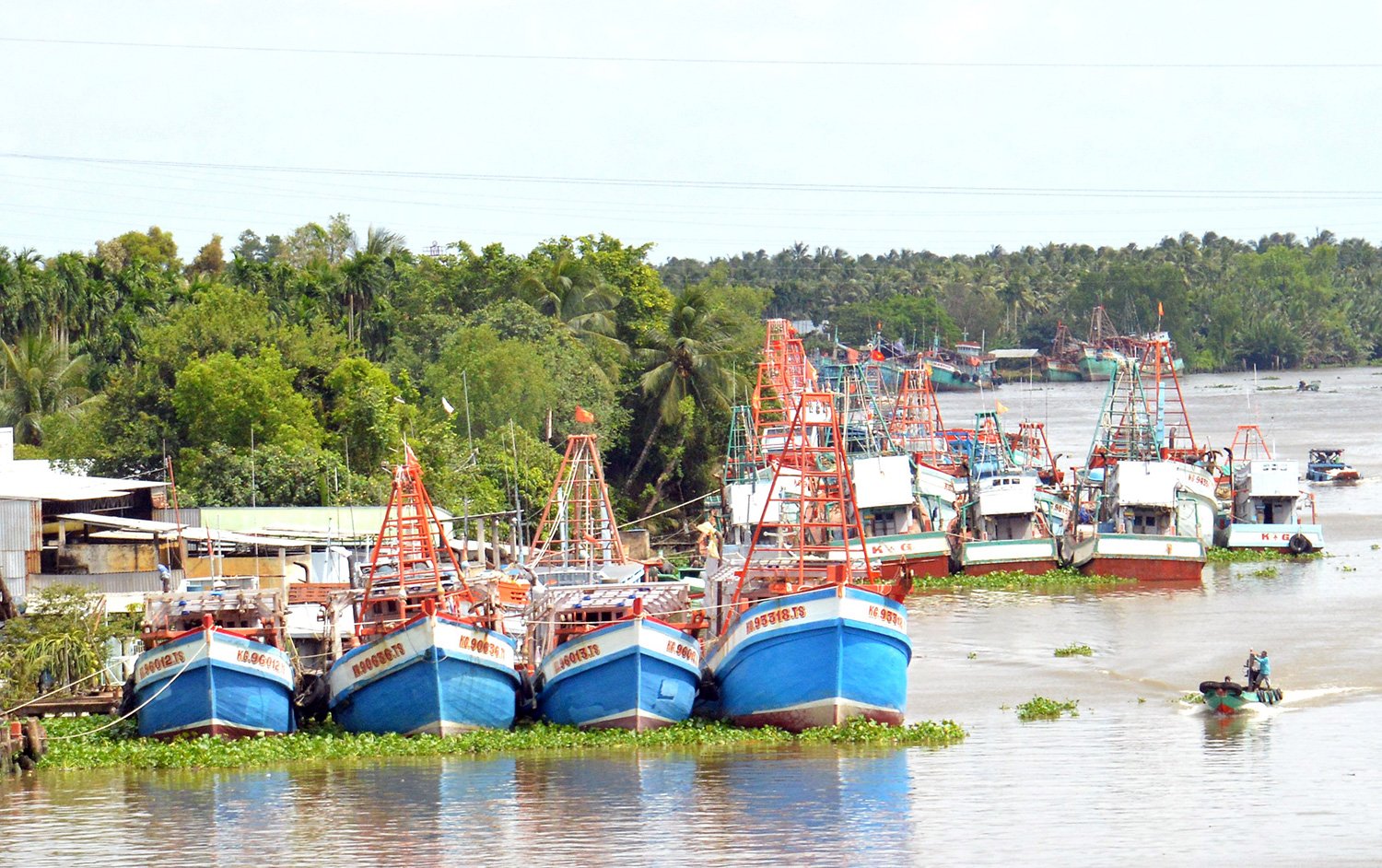
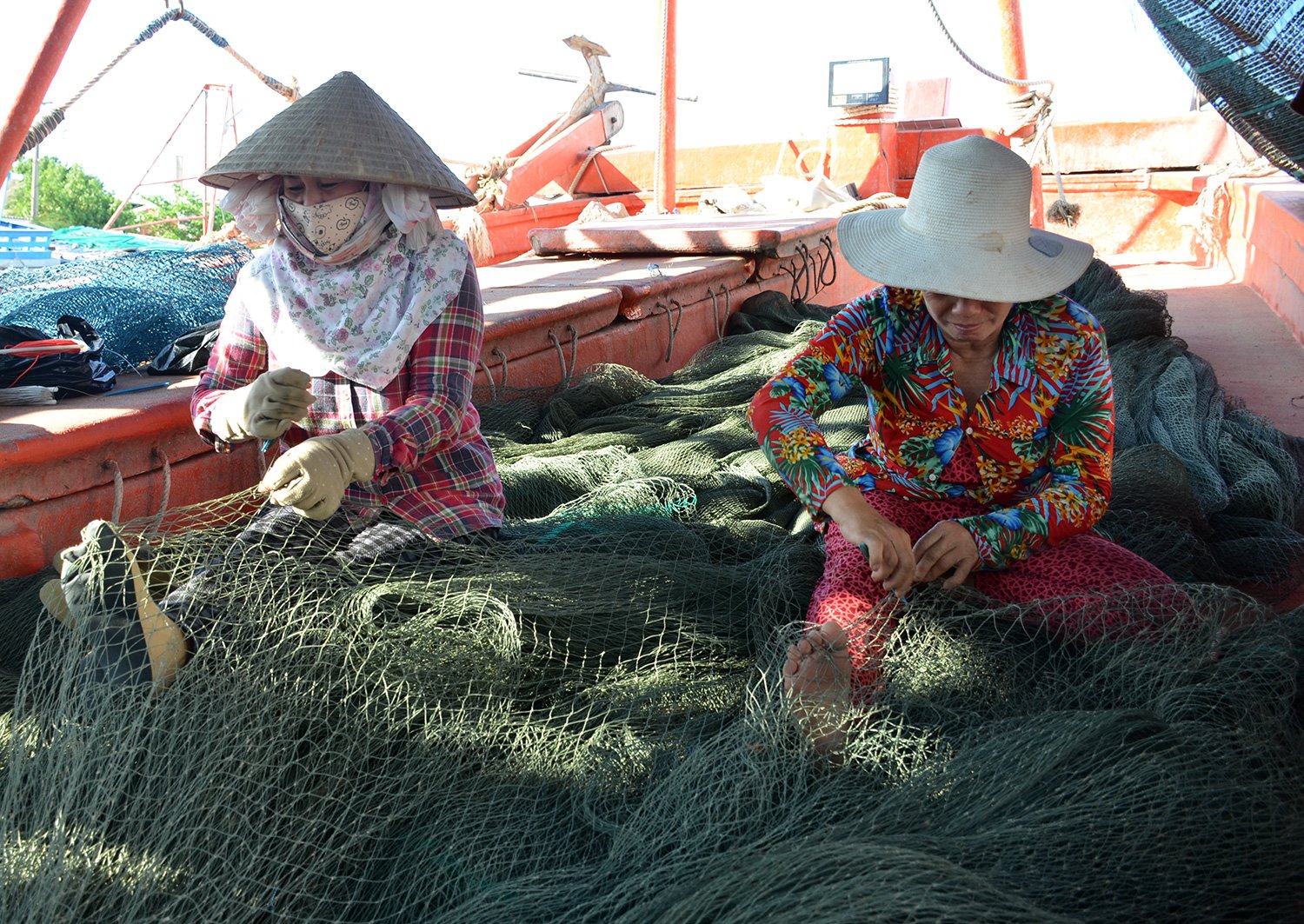
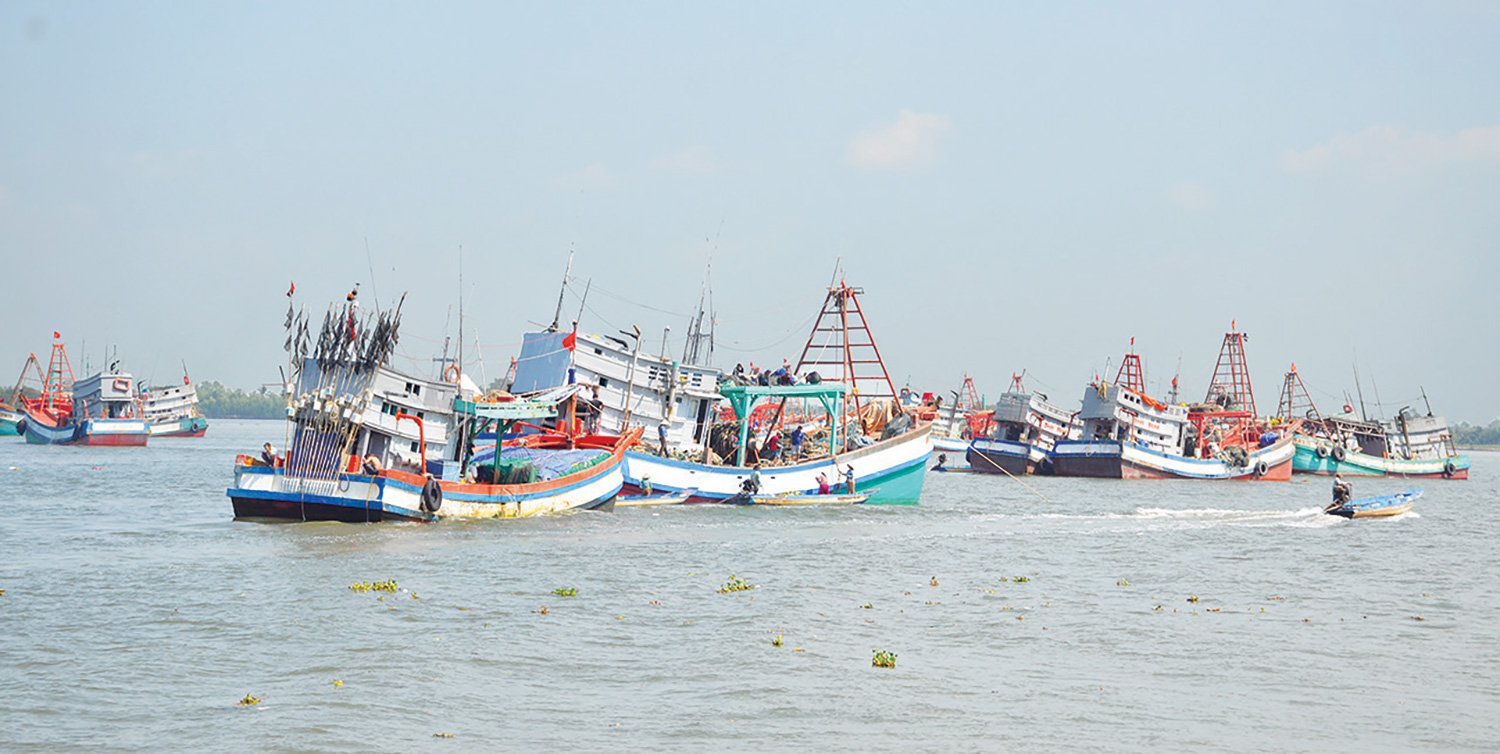




![[Photo] Highways passing through Dong Nai](https://vphoto.vietnam.vn/thumb/1200x675/vietnam/resource/IMAGE/2025/11/12/1762940149627_ndo_br_1-resize-5756-jpg.webp)

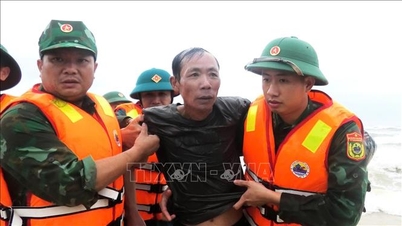


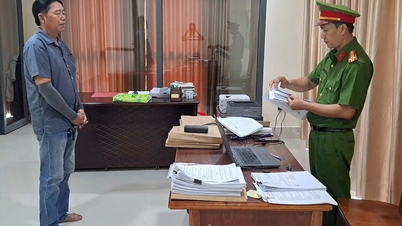


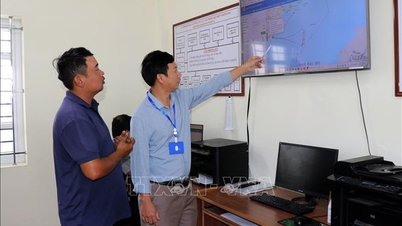
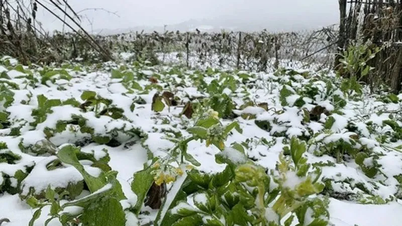





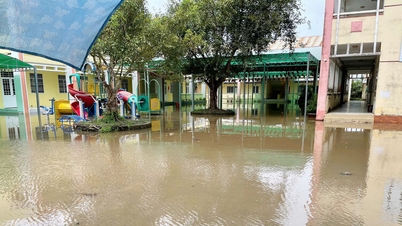
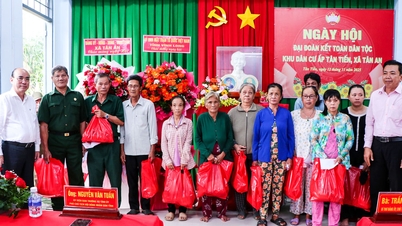








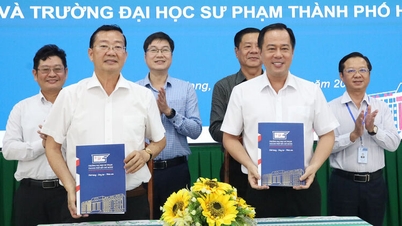
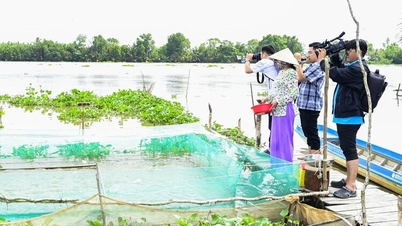
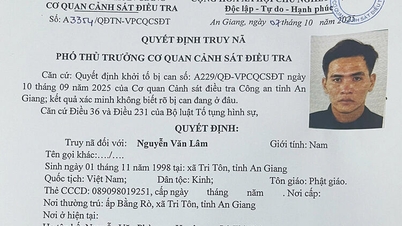
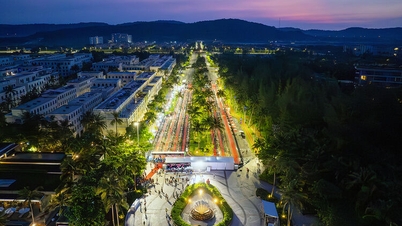
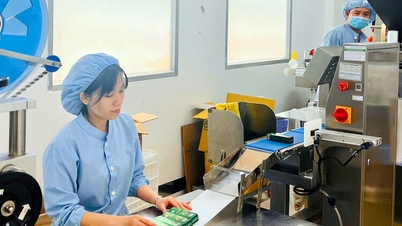





































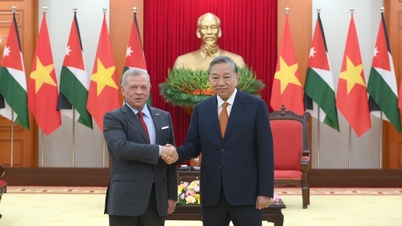



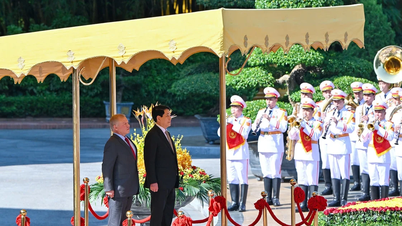





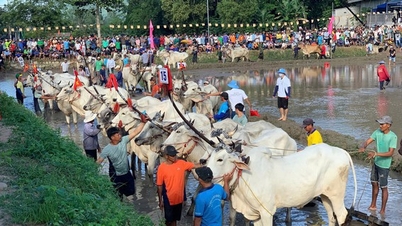




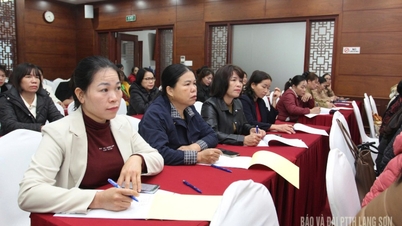

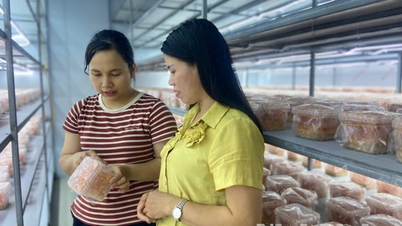


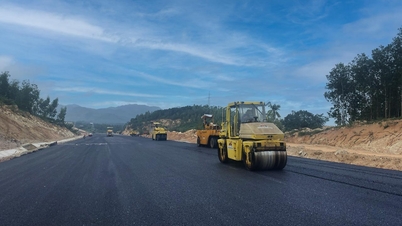




![Dong Nai OCOP transition: [Article 3] Linking tourism with OCOP product consumption](https://vphoto.vietnam.vn/thumb/402x226/vietnam/resource/IMAGE/2025/11/10/1762739199309_1324-2740-7_n-162543_981.jpeg)




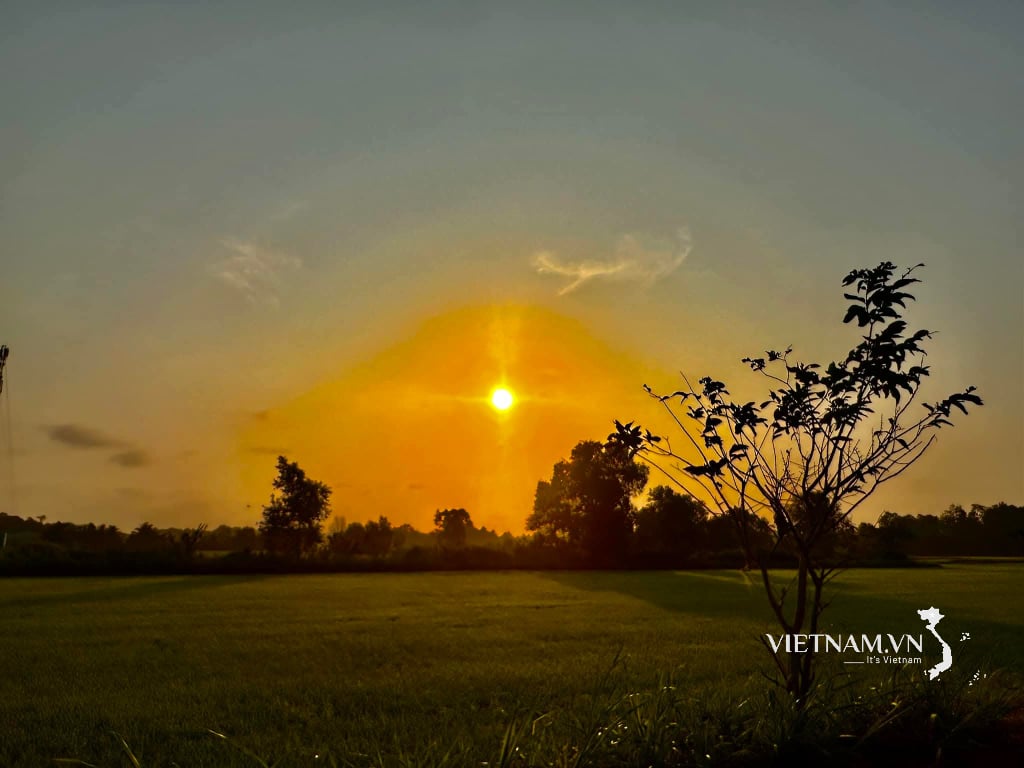


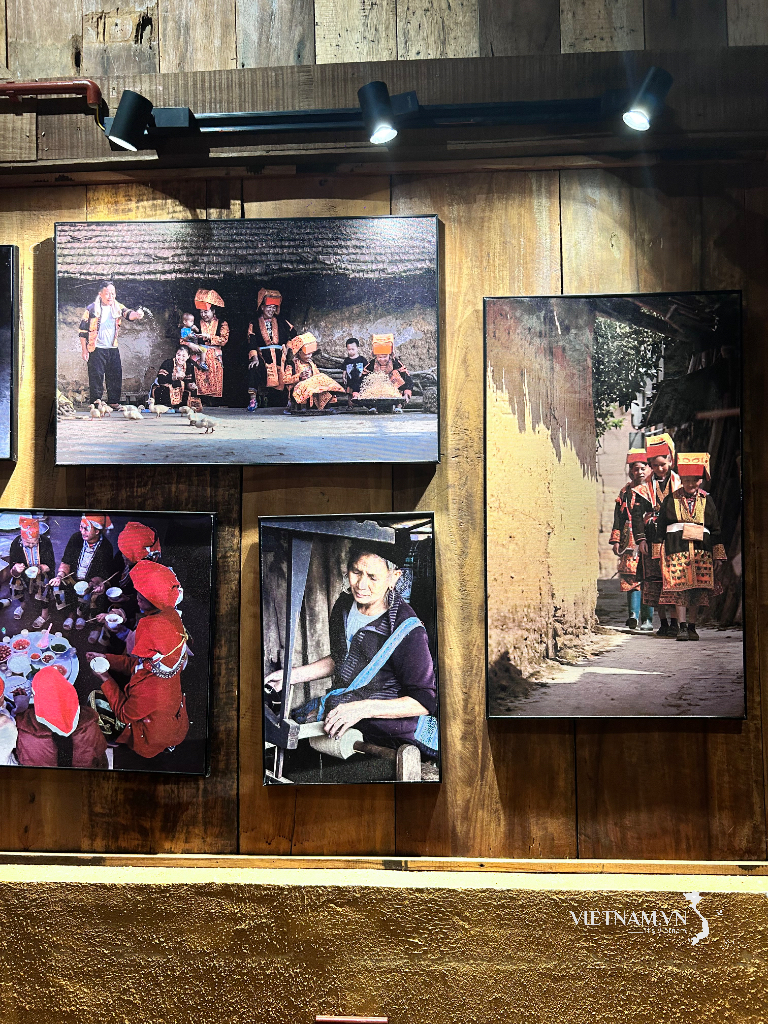
Comment (0)